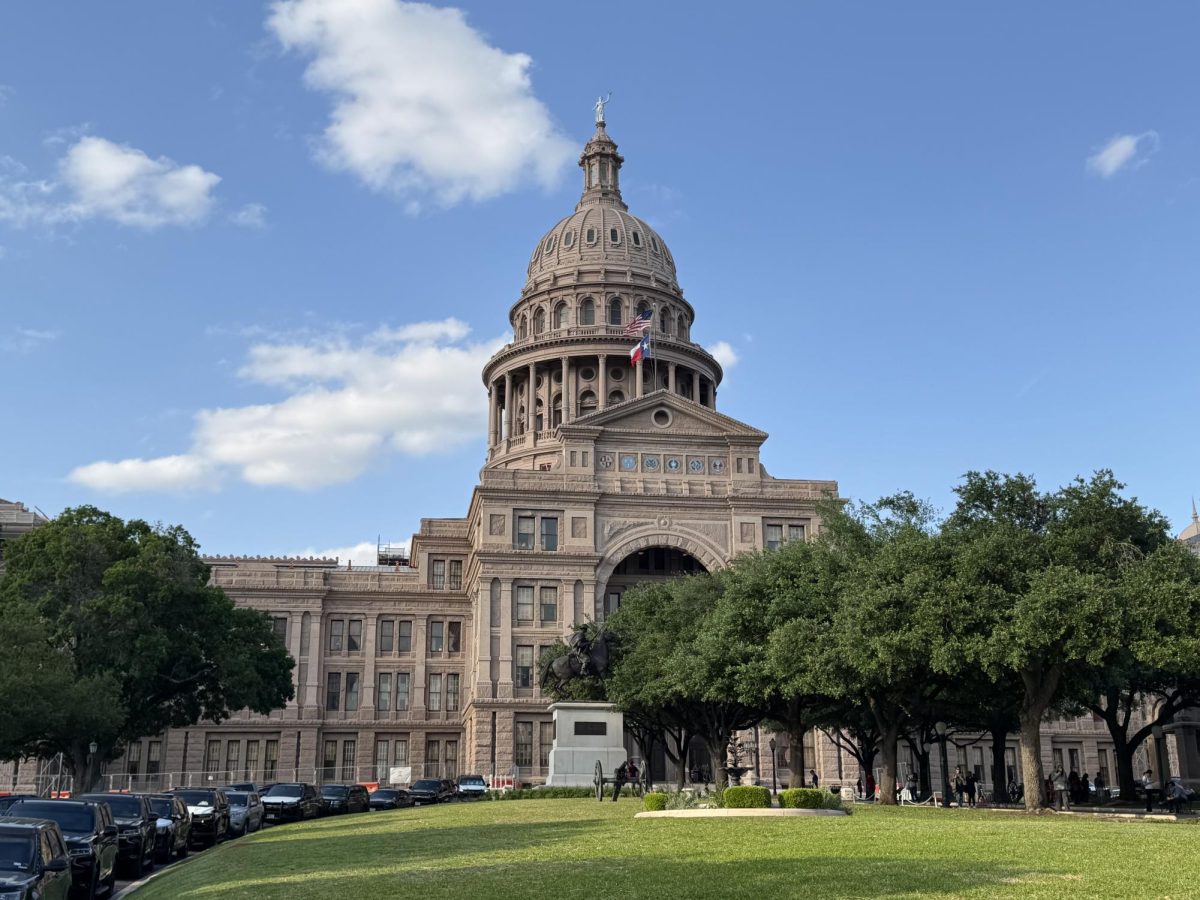 Starbuck’s annual release of its red festive cups signals the start of the Christmas season for many. This year, however, the release of the cups incited not an air of joy, but rather an outbreak of rage from some Christians.
Starbuck’s annual release of its red festive cups signals the start of the Christmas season for many. This year, however, the release of the cups incited not an air of joy, but rather an outbreak of rage from some Christians.
This year, Starbucks chose a simplistic design for its holiday cups, with its logo encompassed within a sea of red. Starbucks intended to give the cup space for the customers to doodle and make their own holiday messages, so as to be inclusive, but some Christians took it as a step towards removing Christmas from the cup and claimed that Starbucks hated Jesus.
This absurd statement found support from thousands of people, as former pastor Josh Feuerstein made a statement regarding the issue saying, “Do you realize that Starbucks wanted to take Christ and Christmas off of their brand new holiday cups? That’s why they’re just plain red.”
To this, Starbucks responded adequately by claiming that the company’s core values were of inclusion and diversity, and that they would continue to embrace and welcome customers from all backgrounds and religions in their stores around the world, not cater to those of just the Christian religion. Without launching a counter attack, Starbucks effectively illustrated the close-mindedness and bigotry of the accusers and shed light to the ignorance that surrounds this incident.
There are numerous and varied reactions to this incident. On one side, people call for a boycott and encourage others to put their names as “Merry Christmas” so that the company employees would be forced to say the word Christmas. On the other side, people support the new design and deem this matter as trivial and needless.
This whole controversy is unnecessary, as the most “festive” Starbucks has ever gotten was putting snowflakes and Christmas trees on its holiday cups. It’s unreasonable to equate Starbucks’ inclusion of other beliefs to slandering the Christian religion. This whole situation gives insight to what our society has become: resistant to change and offended at the smallest “offense” to firmly held traditional beliefs.






